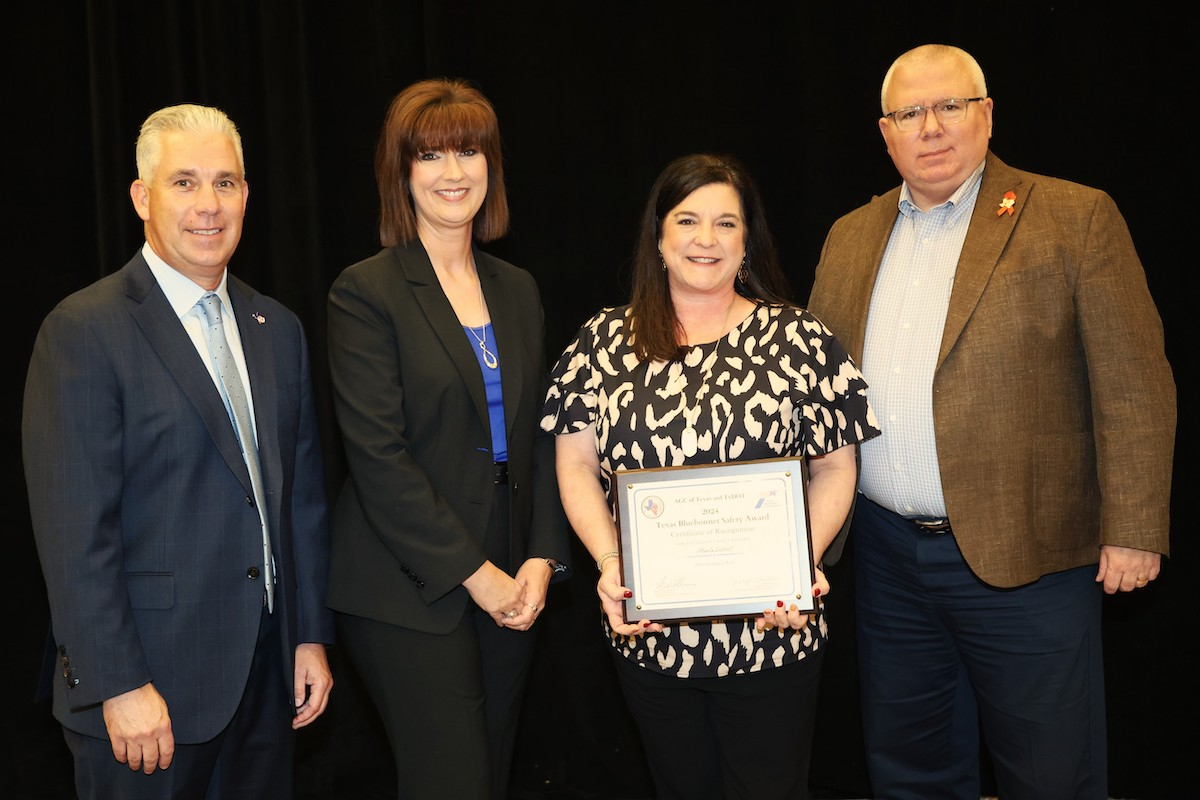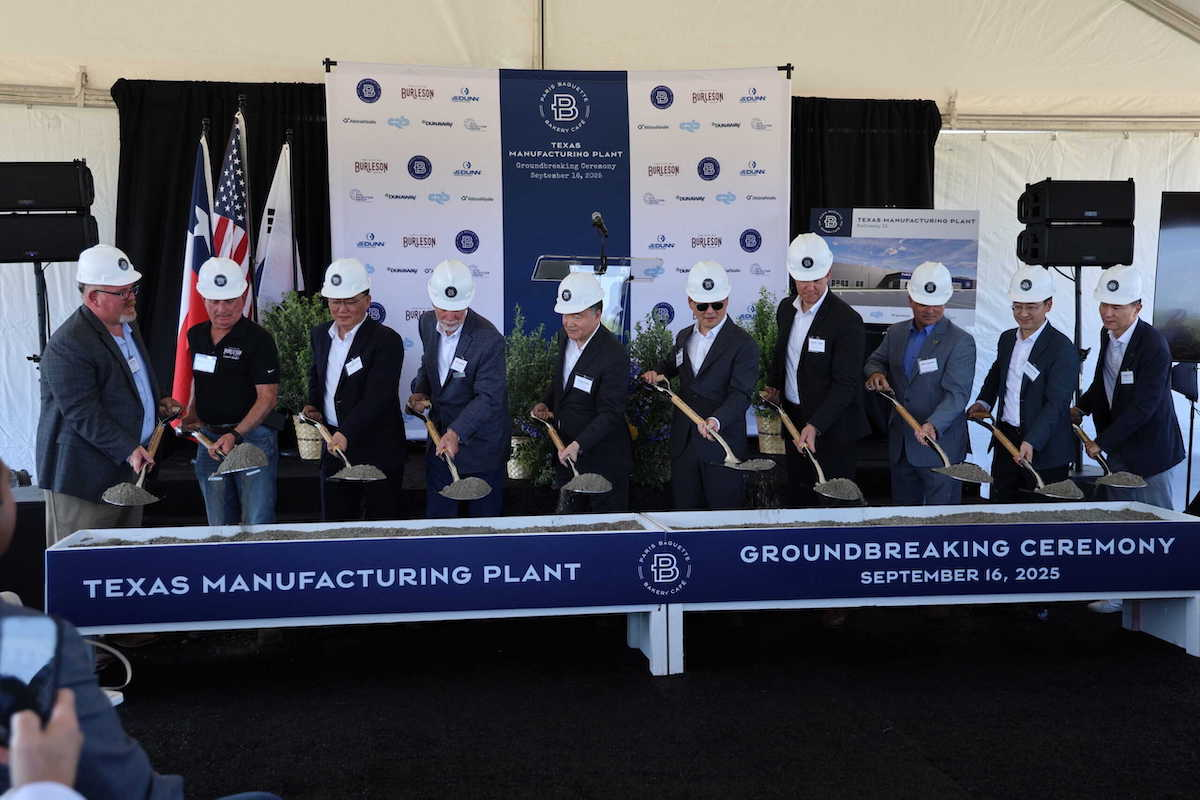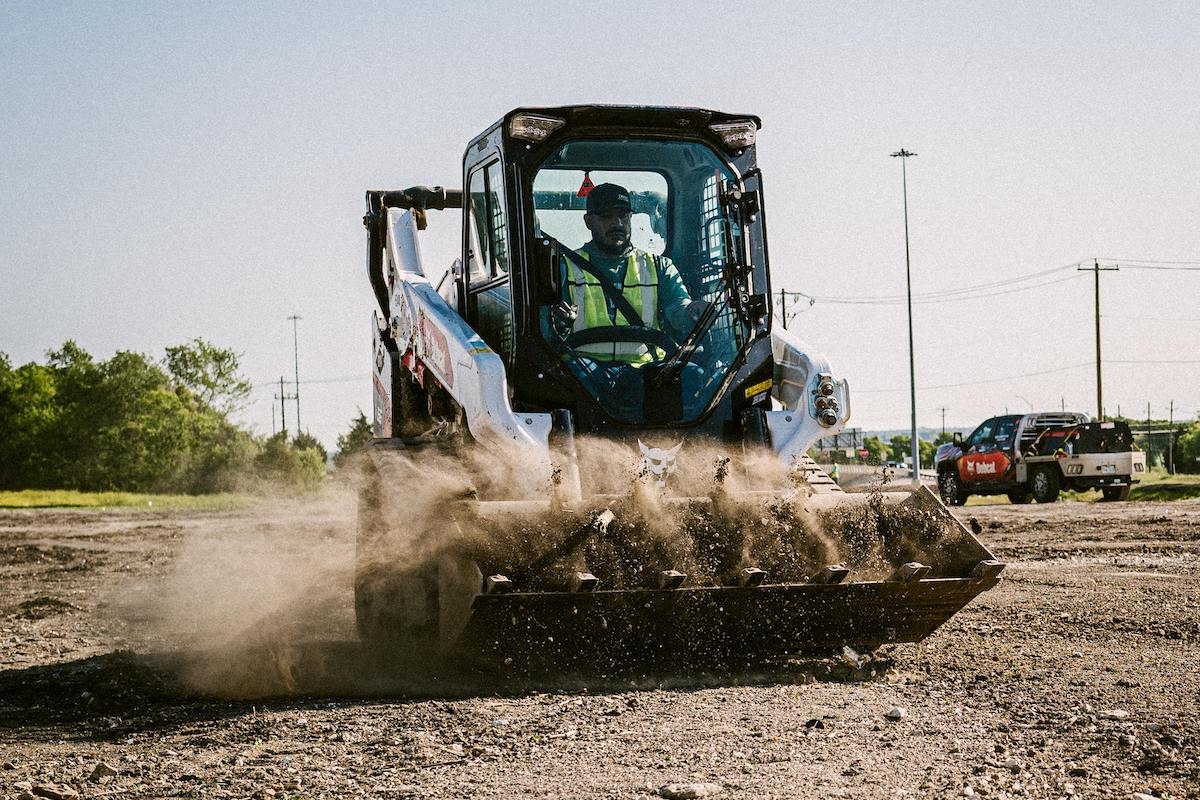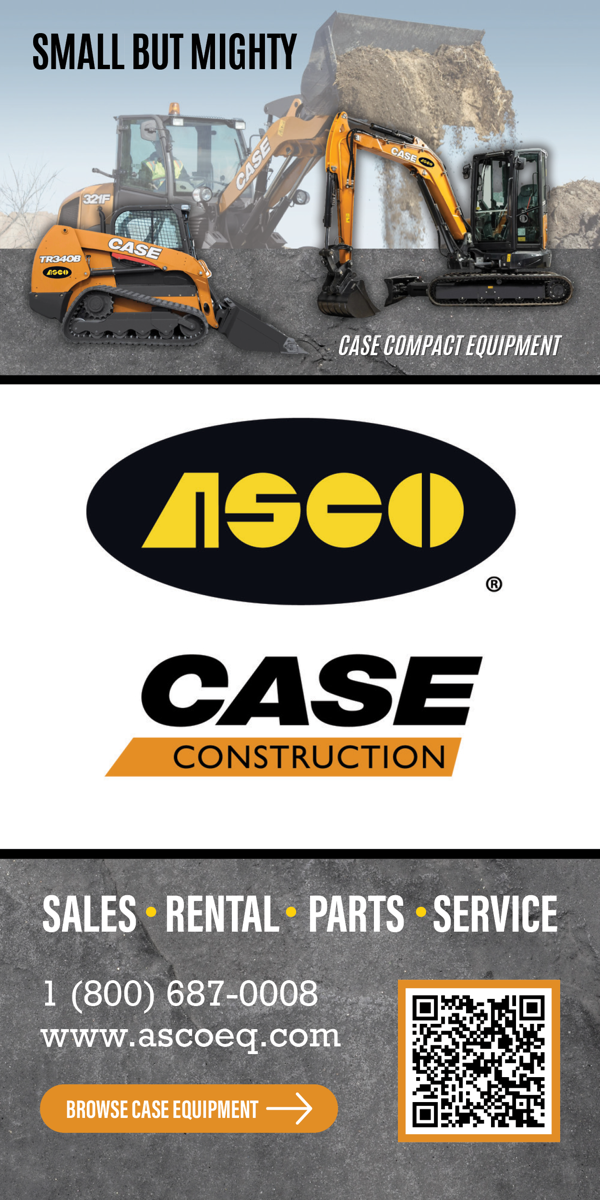Last month, I discussed the dangers of failing to follow prudent employment practices. Prudent employment practices begin before you hire your first employee – using sound interviewing and hiring policies, background checks, and reference calls. Those policies and procedures should also include well-drafted employee handbooks or manuals with comprehensive policies and procedures, followed by thorough and continuous training to ensure that those policies are followed by all staff (including those in managerial positions). Implement appropriate disciplinary procedures and, when necessary, dispense discipline even-handedly and fairly. And be sure to review your practices and procedures regularly to ensure that they meet the ever-changing legal requirements at the local, state, and federal levels.
So, you’ve taken the steps to properly incorporate, maintain, and segregate your business ventures and you’re using a registered agent. You’ve also taken the necessary steps to protect your business’s intellectual property and hire good people. Congratulations. This article will discuss how to avoid the devastating consequences of failing to implement restrictive covenants.
Read on for an illustration of how easily mistakes can arise, how fatal they can be for even the most successful business, and how to avoid them entirely with dedicated planning.
Sid’s start-up business was really taking off. Since leaving a large tech company to go out on his own, he had developed a strong base of clients and prospects who loved his tax accounting and bookkeeping software products. “Sid’s Biz” was big business and growing bigger. He was the sole programmer and through a series of effective branding and marketing campaigns, he had garnered a growing niche for his software products. He had a number of competitors in the marketplace that he couldn’t compete with on price as a small business, but the fact that he offered personal tech support and relationship management gave him a significant advantage over many of the larger enterprises that treated their customers as numbers.

| Your local Liebherr Construction Eq dealer |
|---|
| Nueces Power Equipment |
The demand was getting so great, however, that Sid could no longer act as the company’s sole salesman and support guru. He needed to devote more time to innovating his software, fine tuning the development of some new products, and training new employees. Sid was pleased when Jennifer, an experienced and affable sales rep, responded to his Help Wanted Ad, and was thrilled when she accepted a sales position with the company.
Shortly after her onboarding, Sid introduced Jennifer to his existing clients. She quickly won them over with her quick wit and her attention to detail. The clients were happy to contact Jennifer directly for account issues. Jennifer also started prospecting new leads a bit further out from Sid’s existing territory and sales began to grow at a steady pace.
Within a year of Jennifer’s start, company profits had soared to record highs. Sid was able to focus more on back-end development and innovation while Jennifer focused on bringing in new clientele. Sid would check in with most of the company’s clients every few months, but so many new clients were coming in, he no longer had a personal relationship with most of the contact people. Sid saw it as a nice problem to have despite losing some of his own personal touch.
At Jennifer’s suggestion, Sid hired two additional sales reps – Wendell and Terri – to help Jennifer work the expanding client base. Sid divided the client list into three territories and assigned a rep to each territory. As the most experienced and most effective sales rep, Jennifer received the largest territory. Sid continued to monitor the ongoing sales events, but the demands of a growing company made it increasingly more difficult for him to regularly visit clients. Ultimately, four years into her position, Sid promoted Jennifer to Director of Sales, and turned over all responsibilities for sales to her.
Sid was stunned when Jennifer turned in her notice of resignation only six months later. She claimed she had been neglecting some of her family commitments and needed to take some time to re-focus. But two weeks later the local newspaper announced that Jennifer had joined Sid’s primary competitor as the Vice President of Sales. The next day, without warning, Wendell and Terri resigned their positions and joined Jennifer.

| Your local Yanmar dealer |
|---|
| CLM Equipment Co |
| WPI |
Sid’s business immediately plummeted as customers followed the three defectors to the competitor. Jennifer and her team had brought to Sid’s competitor the personal touch that had made Sid’s business so attractive to customers.
Sid scrambled to try to keep the business, but the damage was done – he no longer had personal connections to a majority of the clientele and customers had no reason to stay where a cheaper product came with the same personal attention to which they were accustomed. Sid was forced to seriously consider whether he could keep the business open.
Protect your business by using carefully drafted restrictive covenants. Non-solicitation agreements prevent former employees from contacting your customers and staff after leaving your company. Confidentiality agreements protect your trade secrets and other confidential information. Texas courts will also enforce limited non-compete agreements if they are no broader than is necessary to protect your legitimate business interests.
Many businesses use outside independent consultants, rather than employees, for various aspects of their workload. Independent contractors have substantially more freedom from employer control and, therefore, non-competes are generally frowned upon with independent contractors. But non-solicitation agreements (narrowly drafted to protect your business goodwill) and non-disclosure agreements are highly encouraged when working with independent contractors; especially where those individuals may be working with a number of your competitors.
Businesses have more control over their employees so non-compete agreements are strongly encouraged if an employee will have access to proprietary business information, trade secrets, and customer contact information. But consider how best to implement such restrictions – asking the night janitor (who doesn’t see customer lists or have access to proprietary info) to sign a non-compete is improper while the VP of Sales should definitely be restricted.

| Your local Hitachi dealer |
|---|
| Bane Machinery |
Keep in mind that all of these restrictive covenants are intended to protect your business; not to keep a former employee from working again. A properly drafted non-solicit/non-compete is designed to buy you some time after a key employee leaves to rebuild the client relationship or maintain the goodwill that the former employee may have created for your business before her departure. Courts don’t like agreements that appear solely intended to restrict an employee’s freedom to work.
Equally important is enforcing these covenants when an employee departs. Remind employees when they leave employment that their restrictive covenants remain in effect, and speak with legal counsel promptly if you learn a former employee is engaging in restricted activity. Non-enforcement against one former employee could send the message to the rest of your workforce that their agreements don’t really have any teeth.
Properly drafted, enacted, and enforced restrictive covenants help you minimize the possibility of unfair competition when key employees leave your business and help protect the intangible goodwill and proprietary information that made your business successful in the first place.
In the next article, I’ll address the fatal mistake of a business failing to establish a buy-sell arrangement.
Erik G. Moskowitz specializes in civil trial law, including employment law, business law, and commercial litigation. He is well versed in corporate governance issues and assists and advises C-suite executives and managing directors on all manner of internal corporate policy. Moskowitz is also skilled at advising founders at start-up stage and positioning new businesses for growth while ensuring they’re insulated from risk. This article series was adapted from an e-book by Scott Gibson, Arizona, 2009.

| Your local LeeBoy dealer |
|---|
| ASCO Equipment |
| Closner Equipment Co Inc |
| Romco Equipment Co |



































































